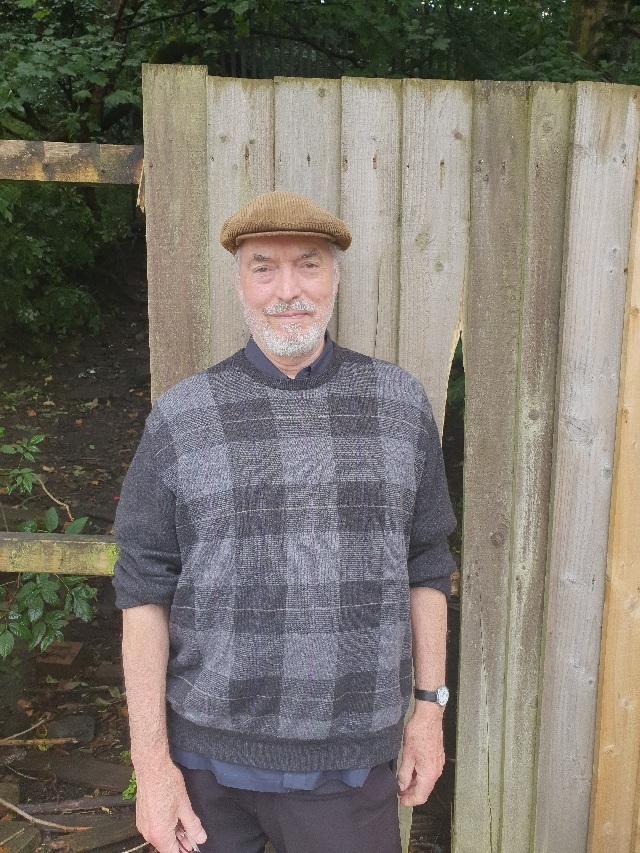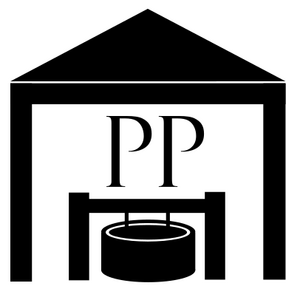
Philip Burton’s love of readings and performance developed through life as an English and Drama teacher, Lancashire head teacher, folksinger, amateur actor, and as a poetry practitioner who, as Pip The Poet, has provided hundreds of poetry days for schools and for adult learners. He was born in Dunfermline and raised in Ramsgate, Kent. Dyslexia was a problem for him as a child; he went on to study science at Edinburgh University. He received a commendation from Heidi Williamson in The Poetry Society Stanza poetry competition, 2020, for his poem on the theme of dyslexia.
Over three hundred and seventy of his poems have been published in literary magazines including Stand, P.N. Review, and Smiths Knoll. His poems have been widely anthologized appearing in anthologies such as Best of Manchester Poets, Puppywolf, and Peace Poems Anthology by Commonword / Crocus Books in March 2003. In 2019, Philip held four First prizes concurrently in national or international poetry competitions: the National Arts Centre Jack Clemo poetry competition, 2019, the Horwich Writers Hate Crime Awareness poetry competition 2018, the Sandwich (Kent) Poet of the Year award, 2018, and the BARN OWL TRUST poetry competition, 2017.
Winning poetry prizes meant that Philip has met, and had the experience of reading on the same platform as Adrian Mitchell, Gillian Clarke, Penelope Shuttle, Michael Schmidt and Kei Miller. He arrived at The Green Room as “a new voice come to Manchester”, and appeared in 2000 on the same bill as Adrian Mitchell at The Burnley Arts Festival. Philip attended a University of the Third Age poetry appreciation group in Todmorden for three years and is a member of Clitheroe Writers Group and the Ribble Valley Stanza of The Poetry Society. For six years he has judged the Burnley Writers’ Circle annual poetry competition, and was appointed as Honorary President of that organization in 2019. He has given a number of workshops at the NAWE yearly conference; and has also been a mentor with NAWE.
Previous poetry publications include The Raven’s Diary (joe publish 1998), Couples (Clitheroe Books Press 2008), and His Usual Theft (Indigo Dreams Press 2017).
Palewell Press published Philip's fourth collection, Gaia Warnings in 2021, and his pamphlet collection, The Life Dyslexic, in 2022, and his next pamphlet collection Untagged, about Sustainable Fashion, in Summer 2023.
Review of Gaia Warnings in the Segora Spring Newsletter
Gaia Warnings by Philip Burton, Palewell Press, is an urgent rallying cry to the public to engage with the environment.
The New Forest Child asks:
Where is the forest where children play? Is it out back?
The reply is:
‘Oh no we are terribly modern.
Hardstanding and gravel . . . to ensure each child stays within vision,
is clean and learns not to care.’
Philip has supported Segora over many years and lives in Lancashire very close to where my parents were born and where Gordon worked for several years. We did not meet during that time – it took our joint love of poetry to bring us together. I’ll leave you with a thought expressed in Wheat Sheds a Tear:
‘envenomed rain, the ham-fisted doling of chemical fixes,
billions in each gram of soil – the knowing
next winter will widen the river
and rip-tides dissolve
all scent of life.’
An informative and necessary collection for all who care about the planet.
Review of The Life Dyslexic in Segora Autumn News
I was immediately attracted to this title as I have family members diagnosed with this condition. I certainly experience dyslexic moments myself and am quite advanced with dyscalculia (I was cheered up by learning one of Tesco’s accountants once published a report with the noughts in the wrong column.) Philip’s collection reveals the lack of support and empathy available to schoolchildren in the 1950s and in fact, in my experience, is not uncommon in more recent times. One of my family was only diagnosed when studying for a master’s degree. The Life Dyslexic explores the baffling relationship between the words on the page and the verbal competence of a pupil. I loved the poem Kiss Cube – Why, was I successful in shiny 3d, but dumb to anything inked on white? OXO spelled hope.
Some of Philip’s teachers were able to make connections in practical ways. Often through measurements, whether tangible, such as in metalwork, on the sports field, or in science through graphs and tables. Learning to spell oxygen proved to be a nightmare but finally and thankfully it came down to just O. Dyslexic children were often branded as dunces, and their isolation and dismissal are effectively recounted. Sent to the back of the class, Philip had a great view of a nearby garden in I’ll Wait Here
Mark my hours with terracotta urns
of rhizomes . . .
When Spring comes:
each second a primrose, each minute a pale daffodil.
And when the twelve hours are done
it will be Summer.
This captures so effectively the long-awaited summoning of the bell for the end of the lesson which many of us have yearned for. Philip’s achievements (he became an English and Drama teacher, a Head Teacher and a multi-award-winning poet) must inspire anyone who either has this condition or is involved with people who are dyslexic. A very useful supplement details landmarks in the recognition of dyslexia. This is an ideal collection to inform those responsible for teaching pupils with dyslexia and an affirming and insightful book for those with this condition as well as those supporting them.
Jocelyn Simms, September 2022
Contact Information
Camilla Reeve, Senior Editor
© Copyright Palewell Press Ltd 2024
Registered in England. Number 10473109. Registered Office 89 Sheen Lane, London SW14 8AE
